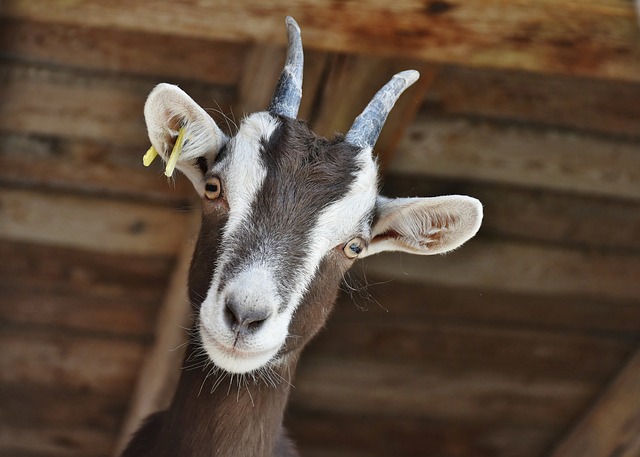Goat Care Introduction
Goats are a fun and rewarding animal to keep. They’re easy to care for and can provide dairy and fiber products for your family. They provide an endless supply of entertainment. To keep your goats healthy, it is important to give them the proper care they need in order to lead happy and healthy lives. Here are some tips on taking care of your goats:
First, make sure you have adequate fencing around the area where your goats will be living. Goats can easily escape from poorly constructed fences and wander off, so it’s important to make sure all gaps are closed off securely. Second, provide plenty of fresh water for your goats at all times. Also, ensure that there is enough grazing land available in their pasture; otherwise, supplement their diet with hay or other feed mixes tailored for goats.
Provide necessary housing and shelter
- Provide necessary housing and shelter. Goats need a dry, draft-free shelter that is large enough to accommodate all goats. The shelter should have a roof, walls, flooring and a door that can be opened and closed. The shelter should also be clean and dry.
- Provide proper nutrition for your goat. Goats are herbivores (plant eaters) but they may also eat insects if they need more nutrients than what is provided by their primary food source. For best health results when feeding your livestock (goats included), make sure that all of the necessary vitamins and minerals are being consumed directly from the source foods being offered as well as any supplements being given during veterinary visits – this will ensure optimal growth patterns throughout childhood development stages all the way into adulthood!
Provide proper nutrition and water
A goat’s diet should consist of hay, grass, and grain. Hay is the most important part of their diet because it is high in fiber and can help prevent digestive problems. Grass is also an important part of a goat’s diet since they enjoy grazing in order to get all the nutrients they need from their food.
Provide routine cleaning and check ins
- Check for signs of illness (fever, lethargy, nausea) and other symptoms that may show a health problem.
- Regularly check for parasites on your goats’ fur and skin, including ticks; lice; fleas; mites; and scabies mites (which are often referred to as “mange”). Remove them with an appropriate insecticide if needed.
- Ensure that your goats have access to clean water at all times by providing fresh water daily in a container such as a large plastic tub or metal trough (never use metal bowls). Besides clean drinking water, provide additional sources of moisture such as salt lick blocks or mineral blocks containing copper oxide along with trace minerals such as iodine salts (iodine is essential for proper thyroid function). Goats can also drink from puddles around barns or other areas where they spend time outdoors during warmer months—but be sure there aren’t any chemicals present in those puddles first! If it looks like someone spilled something toxic on the ground recently, then keep your animals away until they have had time to evaporate completely away from the area where they were spilled!
Ensure parasite control
- Keep the area around your goat pen clean and free from weeds that could harbor insect pests like ticks.
- Regularly check your goats for signs of parasites such as fleas mites, lice and ticks; if they have any, get them treated by a veterinarian immediately to prevent further problems from developing (and transferring).
Keep goats’ hooves trimmed
Trim hooves regularly.
Goats’ hooves grow like fingernails, and they wear down naturally as they walk around. We should trim them at least every 6 weeks to avoid injury to the goat. If you’re uncertain about how to do this yourself, contact a professional or ask your vet for advice—you don’t want trimming nails on your goats to be dangerous or painful for them!
Schedule regular vet visits and vaccinations
To keep your goats healthy, you need to schedule regular vet visits and vaccinations. A vet visit should be at least once a year, but more often if there’s a problem with the goat or their health. The type of vaccine you give your goats depends on where you live, as well as what goat you have. It’s important that you consult with a vet before administering any vaccinations so that they can create the best vaccination schedule for your goat.
You’ll also want to keep up with annual deworming appointments with your veterinarian because worms—especially large ones like tapeworms—can cause serious health problems for goats if left untreated for too long.
If we are going to keep goats we should be good caretakers of them.
If you are going to keep goats, they should be well cared for. You must pay attention to their health and their needs. Goats are like dogs. They need attention and care and can be a pet.
Conclusion
Caring for goats can be a rewarding experience that provides the opportunity to learn about the animals and enjoy their company. With proper nutrition, shelter, hoof care, and other health management practices in place, goats can live long and healthy lives. Understanding the needs of goats is an important part of providing them with adequate care. It is also important to remember that goats are social animals and thrive when they have access to companionship and stimulation.





